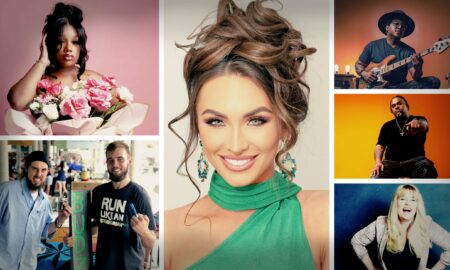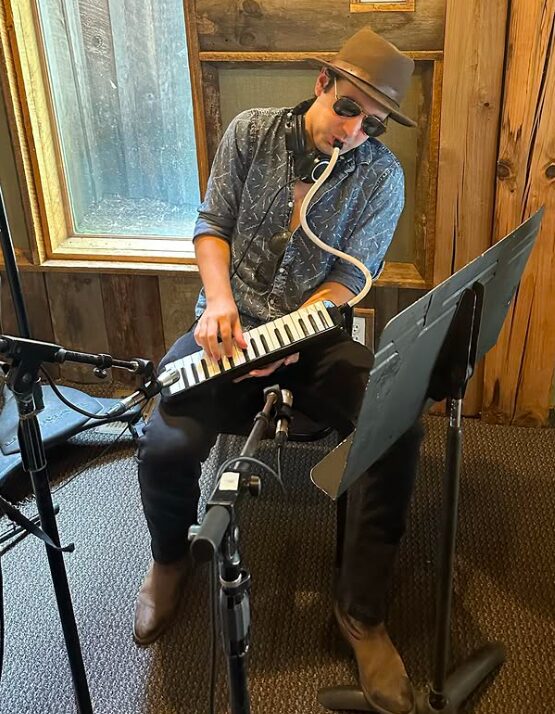

Today we’d like to introduce you to Joe Kendrick
Alright, so thank you so much for sharing your story and insight with our readers. To kick things off, can you tell us a bit about how you got started?
I’m Joe Kendrick, a Nashville-based Pianist and Composer, as well as an Award-Winning Filmmaker. Being both a Musician and a Filmmaker, there are times when those pursuits feel quite different, like I’m pulled in two directions – but really, to me, they’re both forms of storytelling and come from the same place, and they intersect more often than you might expect.
For instance, I often compose music for my own films. The desire to produce soundtracks may even have been a part of what encouraged me to get into filmmaking to begin with.
I started composing music as a teenager, but didn’t find an outlet for it for a while. I had an outlet for many of my other creative pursuits: I was acting in plays at school, singing in choirs, submitting short stories I’d written to contests, but composing music was a private thing, and as I got better at it, I wanted a reason to share it. I thought it would sound great in a movie, and when I realized I had some interest in making movies, I put all of my skills together and tried.
It took a while before I was really proud of anything I’d made, but time and time again, I would make something, learn from it, and get better. It’s a tough iterative process, but that’s what it takes to be an artist. You have to be able to constantly learn from your successes and from your failures – but really, as long as you keep going, there’s no such thing as failure.
Now, earlier this fall, I finished a short film called “Night Terrors” that won awards for its cinematography and editing, which was exciting! It made me aware of how far I’ve come already. I composed its soundtrack, and it just released this October, too. Reflecting on the intersections between musicianship and storytelling, my approach to that film was to compose the music first before filming, and even before finishing writing. As I was working on the script, and dialing in what I wanted to say, I just found that it grounded me to compose first. If I could express a certain feeling in a piece of music, that would help guide me towards decisiveness in the other aspects of the film.
If I can’t quite articulate something precisely with words, I can articulate it with music. I’m reminded of a quote by the composer Felix Mendelssohn: “People usually complain that music is so ambiguous, and what they are supposed to think when they hear it is so unclear, while words are understood by everyone. But for me it is exactly the opposite… what the music I love expresses to me are thoughts not too indefinite for words, but rather too definite.”
Alright, so let’s dig a little deeper into the story – has it been an easy path overall and if not, what were the challenges you’ve had to overcome?
There are always struggles. As a pianist in Nashville, it’s a very competitive scene, and there are times where I am confronted with the limits of my abilities as a pianist. I do have confidence in my ability to play, don’t get me wrong, but I am constantly trying to push my limits to become an even better player.
For most of my gigs, I can show up with just a chord chart, listen to the song once or twice, and that’s all I need to play a song. It’s a blessing to be able to trust my hands and my ear that much, but it’s sometimes more rewarding to engage with learning music in a more attentive way instead. When I learned to play piano as a kid, I got to be a pretty good sight reader, and I lost that practice a little bit since living in Nashville because a lot of musicians here don’t use sheet music, so I went several years without practicing reading sheet music at all.
Over the past year, I’ve been intentionally trying to get better at sight reading again, and it’s been challenging to try to gain back that intuition of quickly understanding everything on the page in enough time to play it, but it’s been a lot of fun to exercise that muscle again. That practice paid off earlier this year when I was asked to play keyboard in the orchestra pit for a production of “Wizard of Oz.” I wouldn’t have been able to get through that show if I hadn’t been comfortable with sight reading. What I appreciated is that skills don’t just stay with you necessarily, there are things that do take practice to keep up with.
There are a lot of other struggles I could talk about, too, but I don’t like to be a pessimist. Sure, being an artist is competitive, and it’s hard looking for opportunities, trying to get your name out there, going through the whole song and dance of just wanting to be noticed for what you do with the hope that you can one day do what you love and not worry about money or anything else, – I could ramble about that, but like I said, I don’t like to be a pessimist. Recently, I’ve been trying to see life instead as an optometrist: My glasses are half full!
Thanks for sharing that. So, maybe next you can tell us a bit more about your work?
Well, there are several hats that I wear, so to speak. As Joe Kendrick the Pianist, I love playing jazz and trying to bring my jazz influence to other genres. Essentially: chords can be complex and you don’t have to be afraid of playing wrong notes.
As Joe Kendrick the Storyteller, I try to bring a lot of creativity to my short films and other narrative projects. I try to bring as many of my own talents into them, too. I love all of the process, and I think that fullness of expression benefits them and makes them more honest. I’m fully engaged in the making of all of the facets of my films: I become a writer, a cinematographer, an actor, an editor, a VFX artist, a voice actor, and a composer.
And composing – that’s its own kind of thing, too. Perhaps my compositions are even the most honest of all of the creative work that I do. I love what the format of an orchestra is capable of, and I think there are some composers that don’t take full advantage of the medium. If you’ve only listened to film scores, maybe you don’t know how beautiful a bassoon solo can be, for example. I hope that doesn’t sound pretentious, but I think a love of classical music and a studious ear is to the benefit of a composer, and I think it’s benefited me to try to take notes from all the composers I can, new and old.
I’m especially proud of two of my soundtracks from this year: “Through Fire and Brimstone” and “Night Terrors.” With those two albums, I’ve tried to be attentive to how a motif can be transformed through variations. A melody can have an inherent character, but a lot is shaped by its arrangement, too, and by reharmonizing it, or changing the dominant instrumentation, you can make it say something else. I think that’s really interesting – how you can tell stories through the development of a piece, and listeners pick up on that stuff.
Really, especially for soundtrack work, there’s so much more than just composing something “happy” for a happy scene. With the right timing, you can get the audience to create associations between the story elements and your musical ideas, and more than just associations with leitmotifs, you can paint with the textures of an orchestra – creating imagery through sound, and this is all just the tip of the iceberg, really.
All this to say: storytelling through music really interests me. Who knows, maybe one day I’ll write a musical. If there’s any part of me that feels like my interests in both storytelling and music are pulling me in different directions, the format of a musical would definitely unite those paths. Stay tuned for future work, I suppose!
We’d love to hear about any fond memories you have from when you were growing up?
This is a personal question, so I don’t think it’s quite appropriate for me to answer, but I have enjoyed everything we’ve gotten into today! As always, I’ve appreciated the opportunity to discuss my work, and I’m thankful to be able to share it with more people! I care a lot about storytelling and music, and I hope that something I’ve said today can be inspiring, too. Art inspires me every time I engage with making it, and I think there’s something to say about how through creativity we can see the divine – but that’s a discussion for another time!
Contact Info:
- Website: https://joekendrick.weebly.com/
- Instagram: https://www.instagram.com/joek.media/
- Youtube: https://www.youtube.com/@cupajoe99/
- Other: https://open.spotify.com/artist/71aLR8NktRgzPlLqLPIGnq
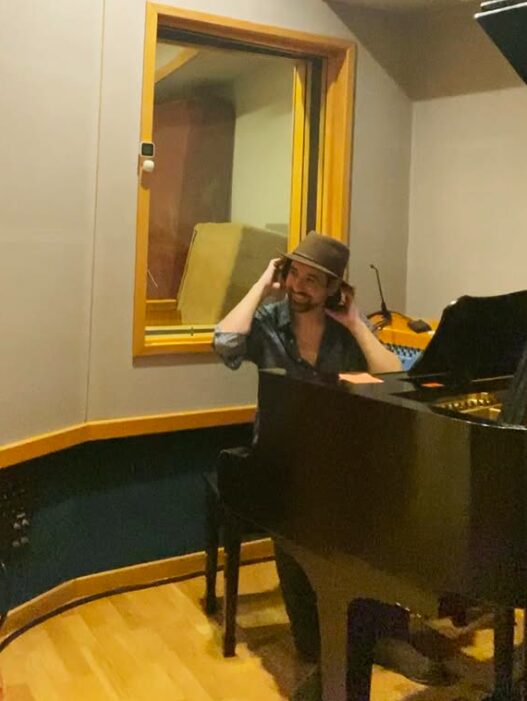
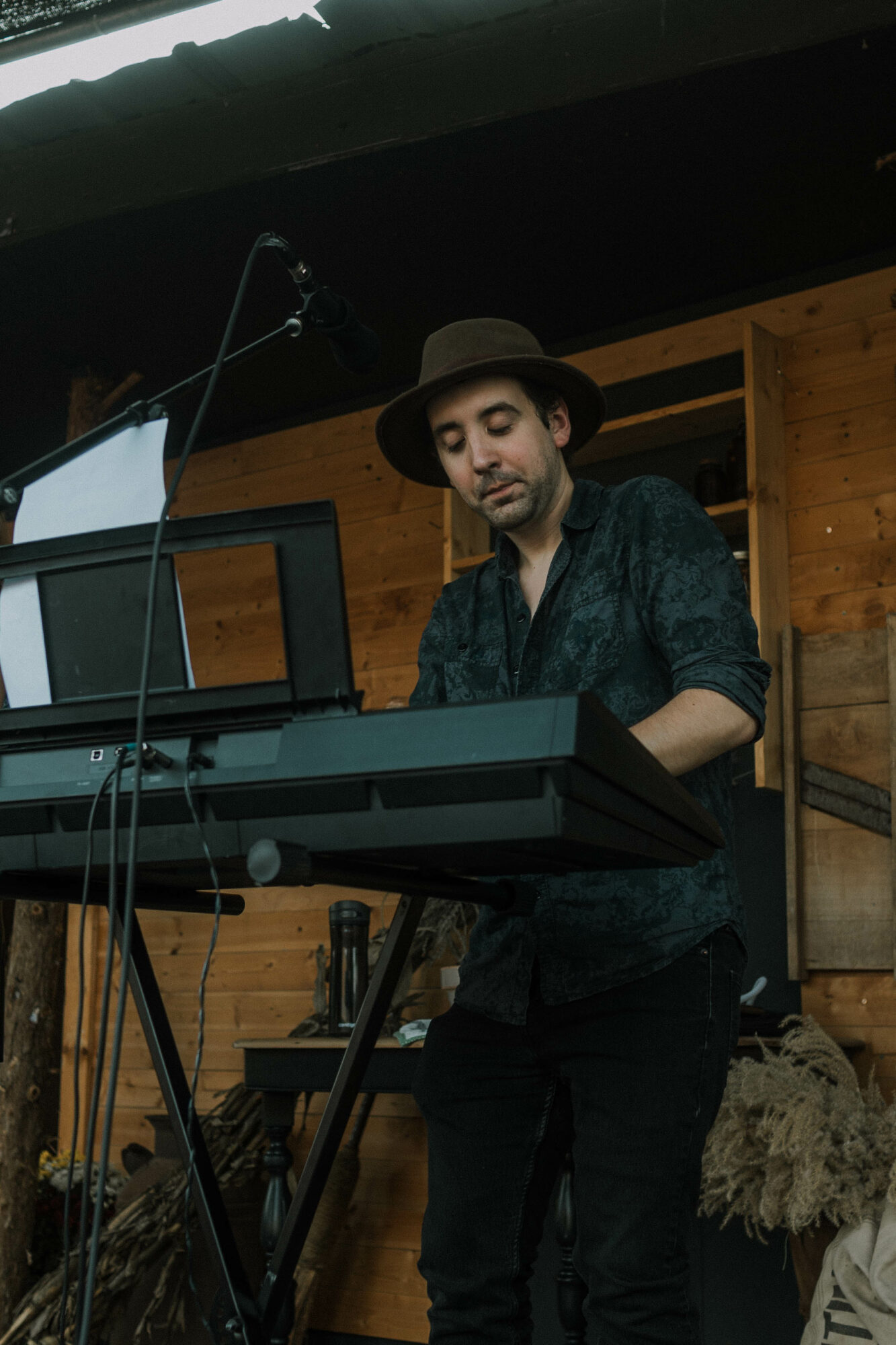
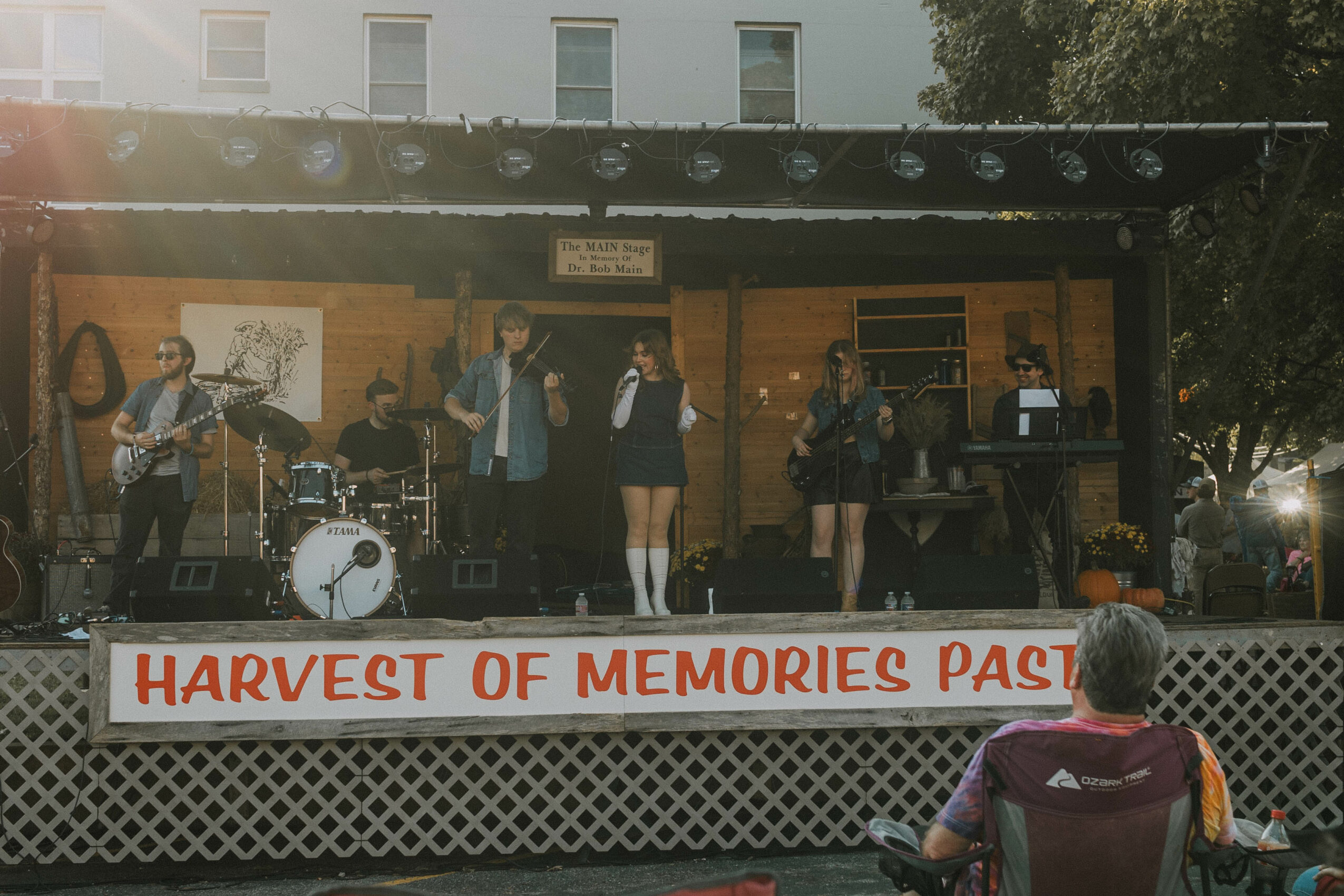
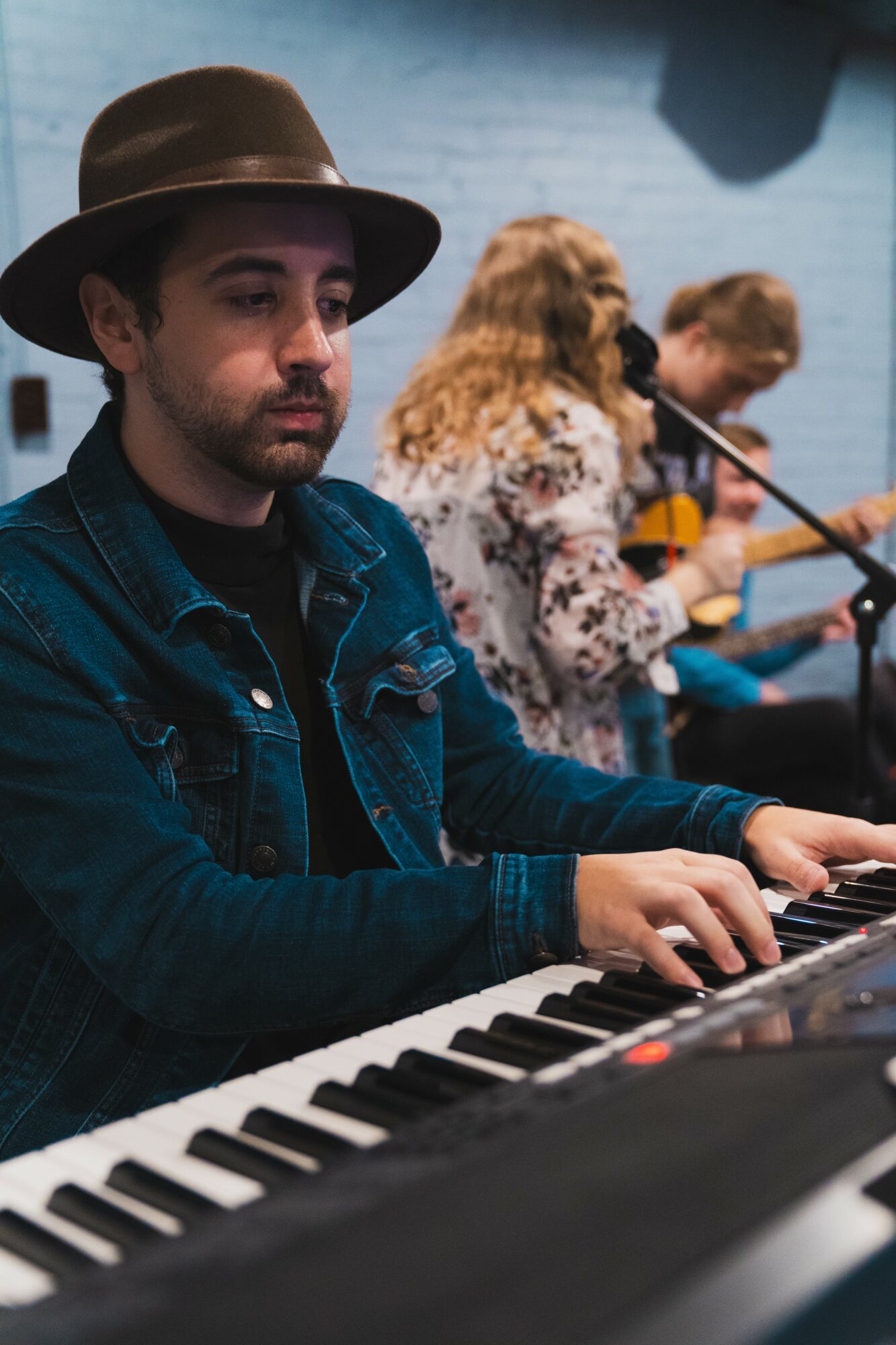
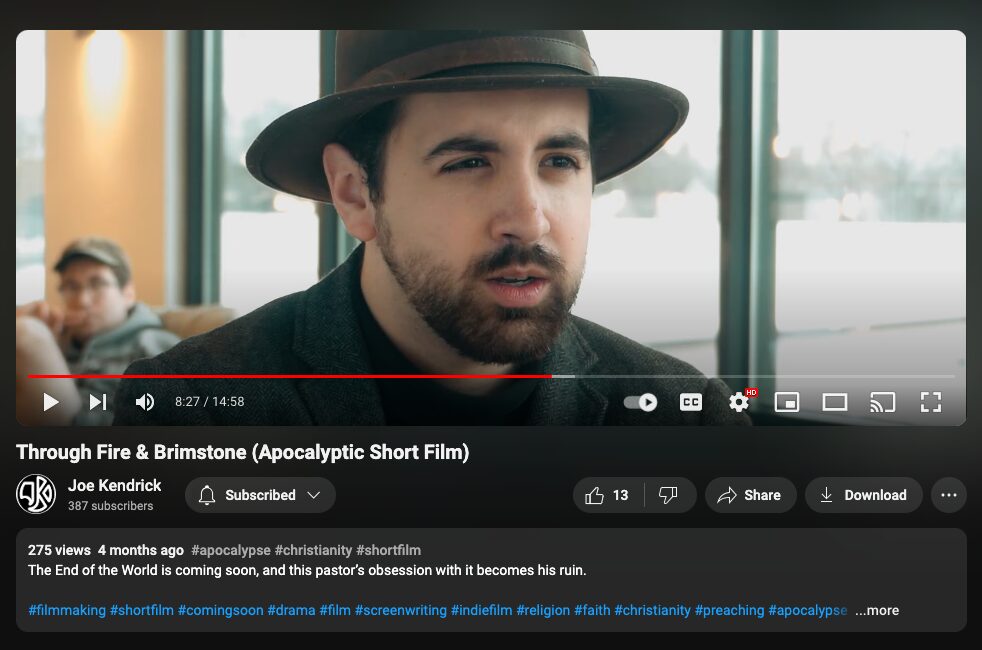
Image Credits
Bobbi Taylor
Eli Silva
Brendan Krake

